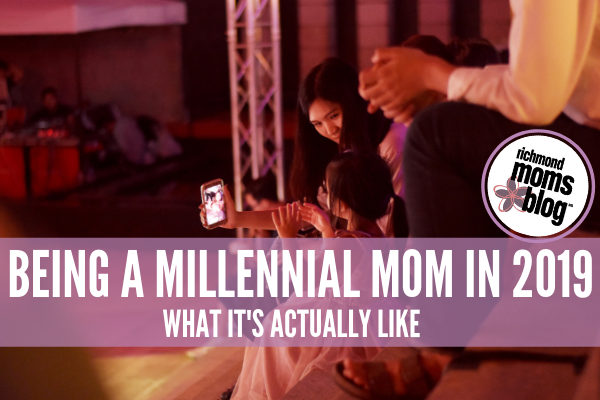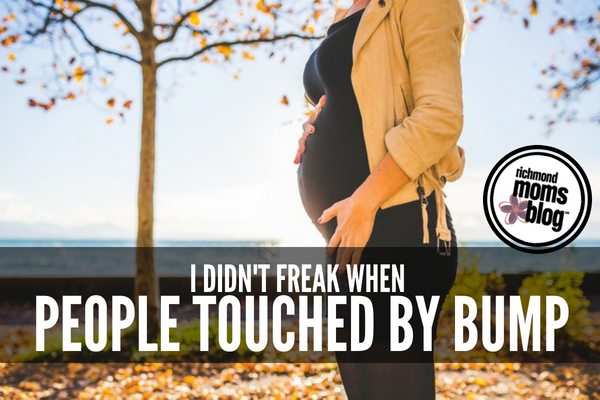A few years ago, I applied for and became a finalist for a local government appointment.
Within minutes of the announcement of the finalists, the internet suddenly had opinions about me.
Many of the “facts” informing the opinions were false, but that didn’t seem to matter. The things said mostly fell somewhere on the spectrum from unkind to hateful…all by people I had never met, delivered via social media.
People who asked me actual questions, I reached out to speak with personally over the phone. While I had a dozen or so meaningful conversations, others declined and didn’t want to actually have a conversation.
They didn’t want to have an actual conversation as if speculating about things on the internet was more informative.
It was hard. And yet so indicative of our society.
My then four-year-old overheard my husband and I talking about the mess. Later she came and snuggled next to me and said, “Mom, if people are saying mean things, just keep doing your best and being kind. What they say about you doesn’t change who you are.”

And just like that, my preschooler reminded me of the truth bigger than my own self-doubt or internet trolls.
There are times in my 35 years that I haven’t known what my identity is. Times that I have listened to the world’s voice to define who I am. But that’s not now. I have been shaped by my passions, my faith, my family, and my mistakes.
No matter what people say, it doesn’t change who I know that I am.
This doesn’t mean that we shouldn’t be careful and intentional with our words.
As our society relies increasingly on digital dialogue and less on face-to-face communication, we forget that there is someone on the other side. As if since we don’t actually see the person we are talking to or about, they don’t matter. We hide behind our texts, tweets, and posts. We become empowered by dehumanizing communication to say things we would never have the gumption to in person. I am certainly guilty of it.
The words we use say more about us than whoever we are talking about.
Are we seeking truth or solely criticizing others?
Are we offering solutions or just complaints?
Are we writing things that we would say in a face-to-face conversation?
Do we actually care about who we are talking to? Who we are talking about?
The words we use reflect how much we value someone else.
And at the end of the day, are we letting these voices define how we see ourselves, or are we embracing the truth…with the simple clarity of a 4-year-old.










